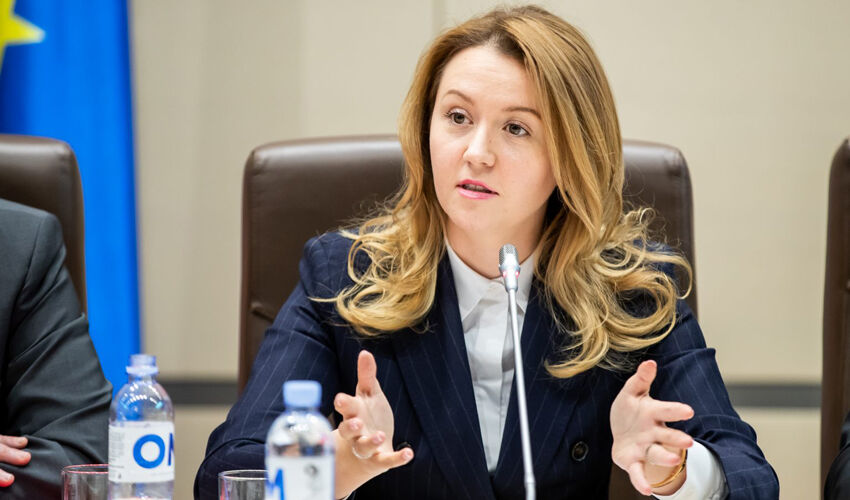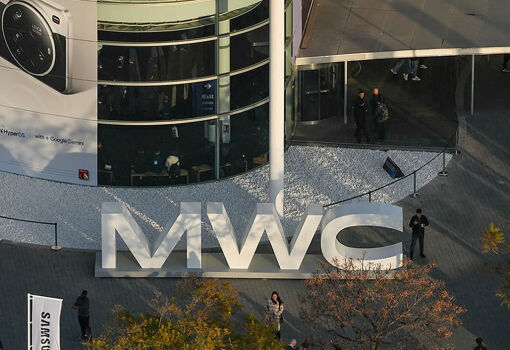
Olga Chebotar
At the last meeting, the Moldovan government abandoned several other agreements, including the agreement on visa-free travel of citizens of CIS member states within the territory of its members. Agreements on military transportation, indirect taxes, cooperation in the field of chemistry and petrochemistry, use of compressed natural gas and environmental protection were also denounced.
It should be noted that the termination of the agreement on visa-free travels of CIS citizens will not automatically lead to the introduction of a visa regime between Moldova and other CIS countries. We have bilateral agreements on mutual visa-free travels – for example, with Russia (signed on November 30, 2000), with Belarus (December 24, 2004). Similar bilateral agreements on mutual travel have been concluded with Ukraine, as well as with Georgia, Azerbaijan, Kazakhstan, Uzbekistan, Turkmenistan, and Armenia.
“The agreement that is probably of most interest is related to visa-free travel within the CIS. It was denounced by the Russian Federation back in 2000, by Kazakhstan in 2001, by Turkmenistan in 1999, and by Uzbekistan in 2001. Thus, mutual travel of our citizens without visas throughout all these years was carried out on the basis of bilateral agreements. Today’s decision will not change anything. The Republic of Moldova has signed bilateral agreements with almost all CIS countries, and travel is carried out on the basis of these agreements, which remain in force. The changes will affect only Tajikistan and Kyrgyzstan, which do not have such agreements with our country,” Deputy Prime Minister, Foreign Minister Mihail Popshoi said.
Despite this, many observers believe that the current decision could potentially “escalate” into the termination of visa-free regime with all CIS countries, including Russia, especially given Moldova’s aspirations to join the EU, where different standards apply.
The EU has common border and migration management rules, visa and asylum policies. Cooperation within the Schengen area implies the abolition of border controls within the EU. A recent European Commission report “On the progress of countries applying for EU membership” notes that Moldova’s visa policy overlaps with the EU visa policy and that “further progress in harmonizing visa policies is needed”.
“Before full alignment, stricter control of visa-free entries of third-country nationals is required, especially from countries posing security threats or risks of illegal migration,” the report says.
And, given the need to strengthen and create a solid basis for the Schengen system, a Schengen Action Plan covering the entire framework is needed.
It is clear that all these processes are yet to be realized, but it is a matter of time. The authorities themselves hardly know what kind of time. But it will definitely happen sooner or later, and visa regime will be introduced with non-EU countries. It is important for Moldovan citizens, who will be affected by this reality, to get used to the new history and political geography in advance.
When asked by Logos Press to comment on the situation, Olga Cebotari, an MP and former deputy director of the economic department at the CIS Executive Committee, said that these decisions “do not contribute to the economy and welfare of citizens, and create artificial opposition.”
“The decisions taken at the first meetings of the Munteanu government – to close the Russian Center of Science and Culture and denounce seven agreements with the CIS, including the agreement on visa-free travel between CIS member states – demonstrate that the new cabinet has misled the public by claiming that it will focus on the country’s economic problems. In reality, we see that the main priority of this government is to promote clearly Russophobic policies that have nothing to do with the real needs of citizens.
It is unclear how this visa-free agreement could affect Moldova or its economic interests. Of course, the denunciation of the document does not completely cancel visa-free travel, as Chisinau has signed similar bilateral agreements with a number of CIS countries. Nevertheless, relations with countries such as Tajikistan and Kyrgyzstan will be directly affected. Although the flow of visitors between Moldova and these states has never been significant, the visa-free regime has been of mutual benefit, facilitating movement and contacts between citizens.
In addition, it should be emphasized that Moldova and these countries do not have mutual embassies or consulates. As a result, Moldovan citizens wishing to travel there will have to apply to the nearest embassy of these states, most likely in third countries, which will entail additional costs and complications”.
In her opinion, “these actions contribute neither to the improvement of the economic situation nor to the prosperity of the Republic of Moldova. They seem to have a purely political motivation, aimed at strengthening anti-Russian sentiments in society and at creating artificial confrontation, to the detriment of national interests and the welfare of citizens”.
In light of all these processes and discussions on the prospects of visa policy, Mihai Popşoi, head of the Moldovan Ministry of Foreign Affairs, emphasized the country’s cautious approach to this issue:
“At the moment and in the foreseeable future, this issue is not on the agenda. From a certain point of view, we will have to take this issue into account, but it is not on the political agenda now. Because we have a relatively large number of citizens there and citizens of the Russian Federation who can come to Moldova without a visa. We have trade exchanges, which, although they have decreased significantly, but for a certain number of producers, especially from the northern part of the country, for a number of products, the market share represented by exports to the Russian Federation is still preserved. Therefore, it is necessary to approach this issue consciously in order not to do any harm. And at the moment when this decision has to be made, it should be well prepared. And before that, it is necessary to reduce the potential negative impact,” Popshoy said.
The draft on denunciation was published by the government on Friday night without an accompanying note. Naturally, this caused numerous rumors and different interpretations in the society over the weekend. According to experts, Alexandru Munteanu’s government should have provided more transparency and predictability so that citizens would know what to expect.

